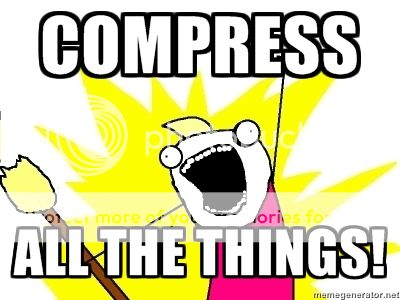B
BassMan53
Member
OK. So it seems that the general opinion around here is to record everything dry and add effects later.
Sounds logical since once you've recorded a track with effects in place, they can't be removed. Not true when recorded dry.
Recently, I found an instructional video that demonstrated a dramatic difference in tracked vocals using a two button stomp box style compressor pedal. The difference in the two recorded tracks was very pronounced and cleaned up the vocals quite nicely.
So, what advice do you have for this semi-newbie? Track with or without compression?
Is a stomp box type compressor pedal really sufficient? I mean, isn't a compressor triggered by audio "level" rather that audio "frequency"?

Sounds logical since once you've recorded a track with effects in place, they can't be removed. Not true when recorded dry.
Recently, I found an instructional video that demonstrated a dramatic difference in tracked vocals using a two button stomp box style compressor pedal. The difference in the two recorded tracks was very pronounced and cleaned up the vocals quite nicely.
So, what advice do you have for this semi-newbie? Track with or without compression?
Is a stomp box type compressor pedal really sufficient? I mean, isn't a compressor triggered by audio "level" rather that audio "frequency"?



